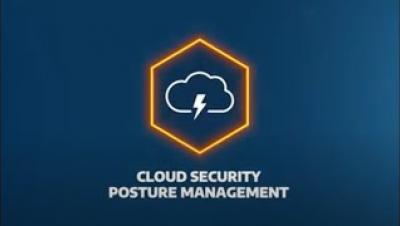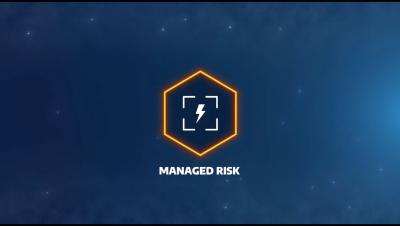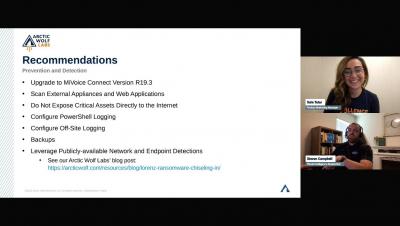Incident Response Can Stop Attacks and Reduce Cyber Risk
Unfortunately, cyber incidents are inevitable. But we can reduce the likelihood of cyber risk and reduce incident damage. Join our VP of Product Marketing, Matt Trushinski as he explains how Arctic Wolf’s Managed Detection and Response helps organization recognize potential threats and remediate and recover after an incident. Incident readiness is the best defense against cyber attacks, and Arctic Wolf always has your back.











